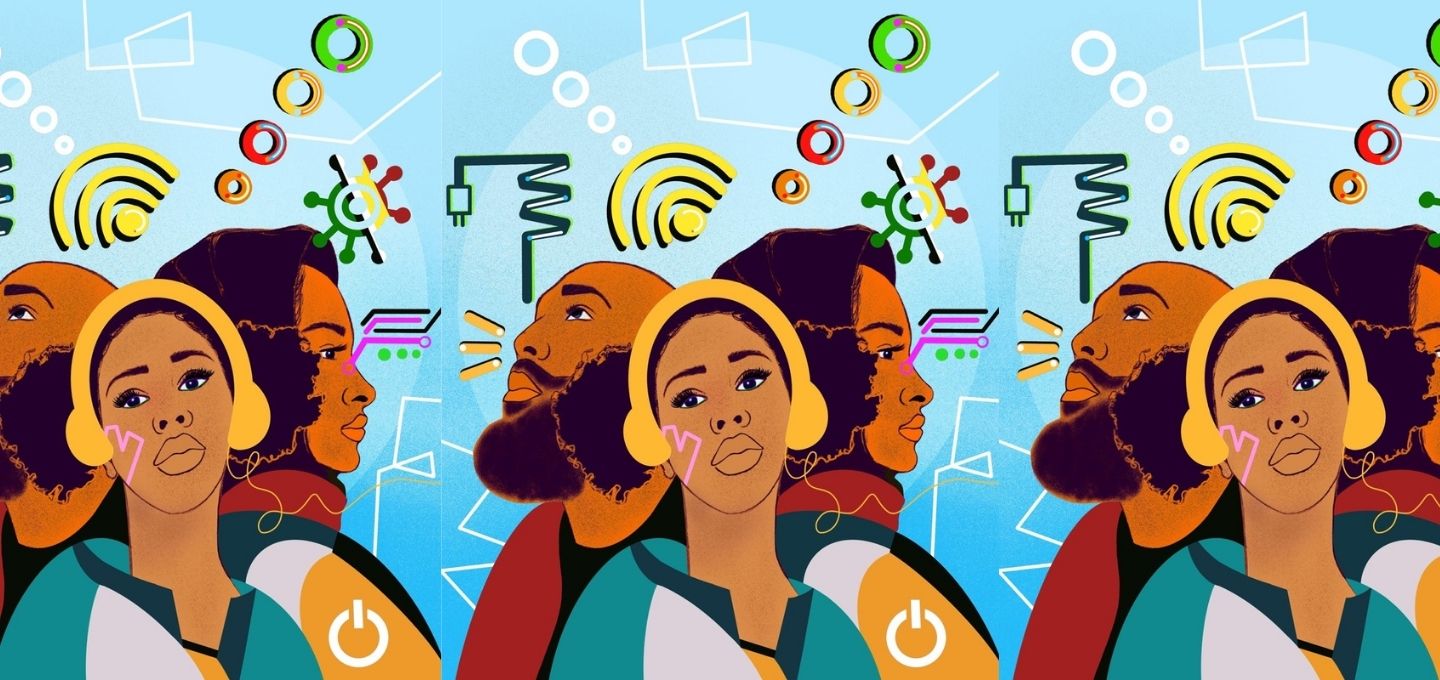Donations to Transcending Boundaries Scholarship at Ivy Tech will improve the diverse talent pipeline
So much has changed and so many promising new initiatives have begun since the shocking murder of George Floyd on May 25, 2020. While there are many positive developments with evidence of progress, some of the most important indicators of racial equity have yet to move in the right direction—indicators like educational attainment, pay equity and wealth accumulation.
Undaunted by the slow pace of progress, there are people and institutions who are dedicated to speeding things up and working every day to ensure fair and impartial opportunity for everyone.
For example, Linda Calvin, vice president of the School of IT at Ivy Tech Community College, knew early on in her position with the school that she wanted to set up a scholarship for diverse students in Indianapolis to pursue an education in tech. What began as a passion project for her and her husband expanded when they learned that people they knew were interested in contributing to the scholarship fund.
With the help of the ImpactIvy crowdfunding platform, anyone can now donate to the cause and help fund the Transcending Boundaries Scholarship.
Formidable boundaries to overcome on the path to equity
The events of last spring and summer were painful and sad, and as is often the case with tragedy, it precipitated the hard conversations that lead to change. That change, however, hasn’t included significant increases in educational attainment, pay equity and wealth accumulation.
Analyses of federal government data by the Pew Research Center find that Blacks on average are at least twice as likely as Whites to be poor or to be unemployed. Households headed by a Black person earn on average little more than half of what the average White households earns. And in terms of their median net worth, White households are about 13 times as wealthy as Black households—a gap that has grown wider since the Great Recession. (Demographics Trends and Economic Well-Being)
Pew also found that Black women earn only 87% of what White women earn and only 62% of what White men earn. Black families whose head of household earned a college degree accumulate about one-third less of the wealth accumulated by White families headed by a high school dropout.
The numbers get bleaker when looking specifically at the technology industry:
- A 2020 Report by Beam Jobs reports that 67% of tech companies are made up of fewer than 5% of Black employees
- Recent reports from the EEOC indicates that 83% of tech executives are White
- Women are woefully underrepresented in tech, but the situation is worse for women of color. Black, Latina, and Native American women make up just 4% of the computing workforce. (Reboot Representation)
Enabling education improves the tech talent pipeline
In her social media posts about the Transcending Boundaries Scholarship, Linda shared that she and her husband firmly believe that tech can be the answer to the poverty and underemployment endured by our most vulnerable populations.
That’s why they named the scholarship Transcending Boundaries, because the funds will enable Black, Brown and Latinx residents in Indianapolis to pursue a tech education in the school of IT at Ivy Tech Community College and thereby transcend the challenges of poverty, marginalization and the constructs of racism—the boundaries.
Education has always been the silver bullet to lifting people out of poverty, but the aforementioned data show that it couldn’t break the hold of systemic racism. However, there is dramatically more awareness today than ever before and it’s coupled with the knowledge that diverse workforces (including diverse management and leadership teams) are more productive and more profitable than their lesser-diverse counterparts in the same industry.
The Calvins believe that the intentionality of the Transcending Boundaries Scholarship will create a more diverse pipeline into the tech ecosystem. They are also hopeful that the scholarship motivates the tech industry and local tech community to take real measurable action to “flip the script” on systemic racism and bias in tech, both in hiring and retention practices.
Dreaming about a management problem
The Transcending Boundaries Scholarship was launched on the ImpactIvy crowdfunding platform in March at the end of the 2020-2021 school year. It’s now a little past the midway point in the fundraising campaign and the good news is that 73% of the initial $10,000 goal for the fall has been raised so far! As anyone who has ever done any fundraising will tell you, that final 25% can be just as tough or tougher.
The platform will be accepting donations through September 3, so there are 65 days left for individuals, companies, friend groups AND YOU to make a donation if equity in tech is important to you.
According to Linda, she and her husband dream of getting enough people to support the Transcending Boundaries Scholarship that it grows too large for its current structure and requires a whole team of people to manage it!
About the featured image:
The Calvins commissioned the artwork seen as the featured image of this story entitled Transcending Boundaries from artist Shaunt’e Lewis. It is bold, reflective of tech and the colors of the community. It also embodies the statement “when you see us, you can be us.”
Shaunt’e Lewis is visual artist and illustrator living and working in Fishers, Ind. She is a self-taught artist whose work centers around self-identity, black culture and femininity. She specializes in colorful, bold illustration as well as original paintings for private collectors and commercial clients. Learn more at www.shauntelewis.com.



